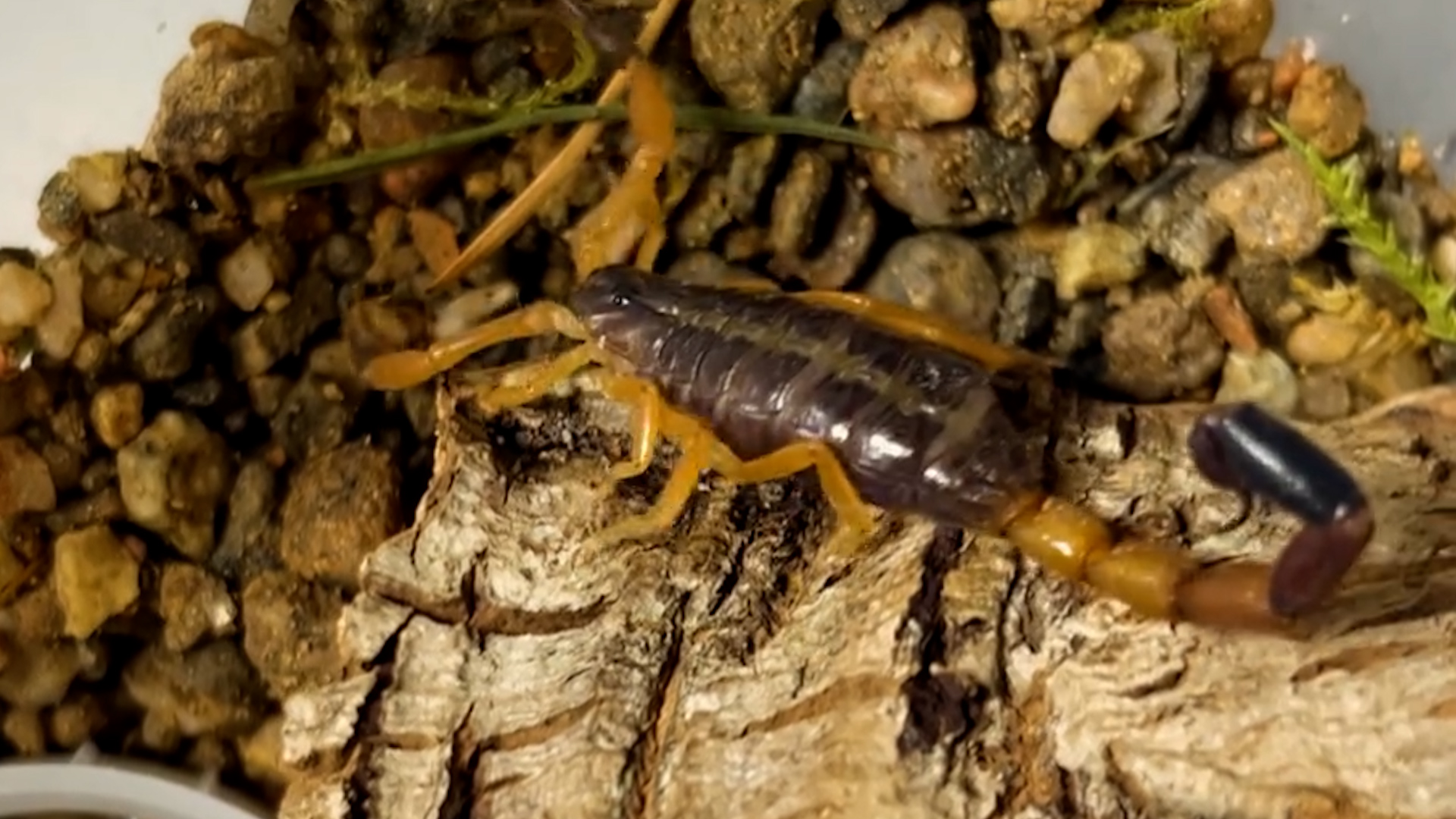President Joe Biden welcomed Kenyan President William Ruto to the White House for a three-day state visit and designated the East African nation a major non-NATO ally as it prepares to deploy forces to Haiti as part of a U.N.-led effort to address the security crisis in the Caribbean country.
Some 1,000 Kenyan police officers are set to arrive soon in Haiti, part of a multilateral security support mission that aims to help quell gang violence. Other countries expected to back up Kenyan forces include the Bahamas, Barbados, Benin, Chad and Bangladesh.
WATCH ANYTIME FOR FREE
>Stream NBC10 Boston news for free, 24/7, wherever you are. |
The largely symbolic designation by Biden was described by two U.S. officials who spoke on condition of anonymity to preview an announcement that will come later during Ruto’s state visit, which began with a White House meeting Wednesday afternoon with American and Kenyan tech leaders.
“I can’t think of a better way to kick off this visit,” Biden said at the start of the leaders' meeting with tech executives. “Our people have brought us forward and pioneered new technologies that are transforming millions of lives. I mean, literally millions of lives. And we’re going to go beyond that.”
Get updates on what's happening in Boston to your inbox. Sign up for our >News Headlines newsletter.
But looming large over the visit is the deployment of Kenyan forces to Haiti.
The United States for years has partnered with Kenya on counterterrorism efforts in Africa, including battling the extremist group al-Shabab. Kenya has participated in the Ukraine Defense Contact Group and an international maritime task force launched by the Biden administration in December in response to Houthi attacks against vessels operating in the Red Sea.
Ruto's decision to send police forces to Haiti was welcomed by Biden administration officials as an unprecedented undertaking and a show of global leadership by Kenya.
The U.S. is “firmly committed to supporting” the Kenyan deployment, White House national security adviser Jake Sullivan told reporters, and appreciative of the “strong, principled, consistent stance” the country has taken in backing Ukraine.
Kenya is the first African nation since 2008 to be honored by the U.S. with a state visit.
Ruto, who also met with House Speaker Mike Johnson, R-La., at the Capitol, said he would look to use the visit in part to share his concerns about the challenges caused by heavy debt loads in Kenya and across Africa.
Kenya’s debt-to-GDP ratio tops 70%, with much of it owed to China. Credit ratings agency Fitch estimates it will spend almost one-third of its government revenues just on interest payments this year. Ruto said the talks will address “how we can have a fairer international financial system where all countries are treated equally.”
Sullivan said the visit would include announcements from the leaders on ”how the international community can step up to mitigate the mounting burden of debt and unleash inclusive growth.”
Biden and Ruto will hold formal talks and a joint news conference on Thursday before a state dinner. Ruto is also set to participate Friday in an event at the U.S. Chamber of Commerce with Vice President Kamala Harris.
The U.S. and Kenya are marking their 60th anniversary of diplomatic relations. White House officials said the leaders' agenda will include trade and investment, technological innovation, climate and clean energy, health and security.
Deputy Secretary of State Kurt Campbell said the two countries would announce “substantial commitments" to elevate Kenya's technological sector. Kenya hosts Google and Microsoft offices and has positioned itself as the technology hub of East Africa, known as the Silicon Savannah.
“I think we have a historic moment to explore investment opportunities between Kenya and the United States,” Ruto said. “And my being here today is a confirmation that we are moving from ideas into action and from opportunities into investments and hopefully we will be able to sign off some of those investments."
Biden gathered dozens of African leaders in Washington in December 2022 to make the case that the United States under his watch was “all in" on Africa’s future and laid out billions in promised government funding and private investment on the continent in health, infrastructure, business and technology. The Democrat also promised to visit sub-Saharan Africa in 2023.
But other priorities got in the way last year, including the Israel-Hamas war and Biden's long battle with Republicans to renew funding for Ukraine in its war with Russia. The promised visit to Africa by Biden never materialized. Biden, who faces a tough reelection battle in November, said in an exchange with reporters as Ruto arrived at the White House that he still plans to go to Africa.
“I plan on going in February after I’m reelected,” Biden said.
All the while, Russia has tried to expand its economic and military influence across Africa. U.S. troops were recently ordered out of Niger by the West African country’s ruling junta and are expected to complete their withdrawal by the middle of September. Meanwhile, Russia has deployed military trainers to Niger.
The United States has also fallen well behind rival China in investment in Africa, which has become a key battleground in the competition between the major powers.
Biden and his aides say they expect stiff economic competition with Beijing in Africa, but have sought to make the case that Washington is a far more reliable partner in Africa for the long-term.
To that end, Biden acted early in his presidency to devote more attention on Africa than his most recent predecessors, including by hosting nearly 50 leaders for the U.S.-Africa leaders summit in December 2022. But since the summit, analysts say, the administration's engagement has trailed off.
Cameron Hudson, a senior fellow at the Center for Strategic and International Studies Africa Program, noted that that Biden has hosted just one African leader, Angola President João Manuel Gonçalves Lourenço, for talks at the White House since the summit.
“This visit today feels a bit like a fig leaf, not just for the Kenyans but for Africa in general, and a kind of a placeholder for the administration to say: All of those things that we said early on in the administration, they all remain true,” Hudson said.
Ruto is looking to use the visit to bolster his standing on the world stage and he believes sending Kenyan police to Haiti will go a long way toward that broader goal, said Macharia Munene, a professor of international relations at the United States International University-Africa.
“Ruto would like to be recognized, particularly in the West as the leader of the Africans. And this kind of recognition boosts that desire,” Munene said.
Ruto has said that with the mission to Haiti, Kenya's aim is to “formulate actionable strategies that will lead to long-term solutions” in the Western Hemisphere’s poorest nation. Haiti has endured poverty, political instability and natural disasters for decades. The U.S. has agreed to provide the U.N.-backed mission direct financial assistance along with training, logistical and material support.
But Ruto's plan to involve Kenyan police in a crisis thousands of miles away has also been met with some opposition in Nairobi, including legal challenges aimed at blocking the deployment of police forces and long-standing concerns over alleged abuses by police.
___
Associated Press writers Evelyne Musambi in Nairobi, Kenya, Sudhin Thanawala in Atlanta, Seung Min Kim aboard Air Force One and Darlene Superville contributed to this report.



